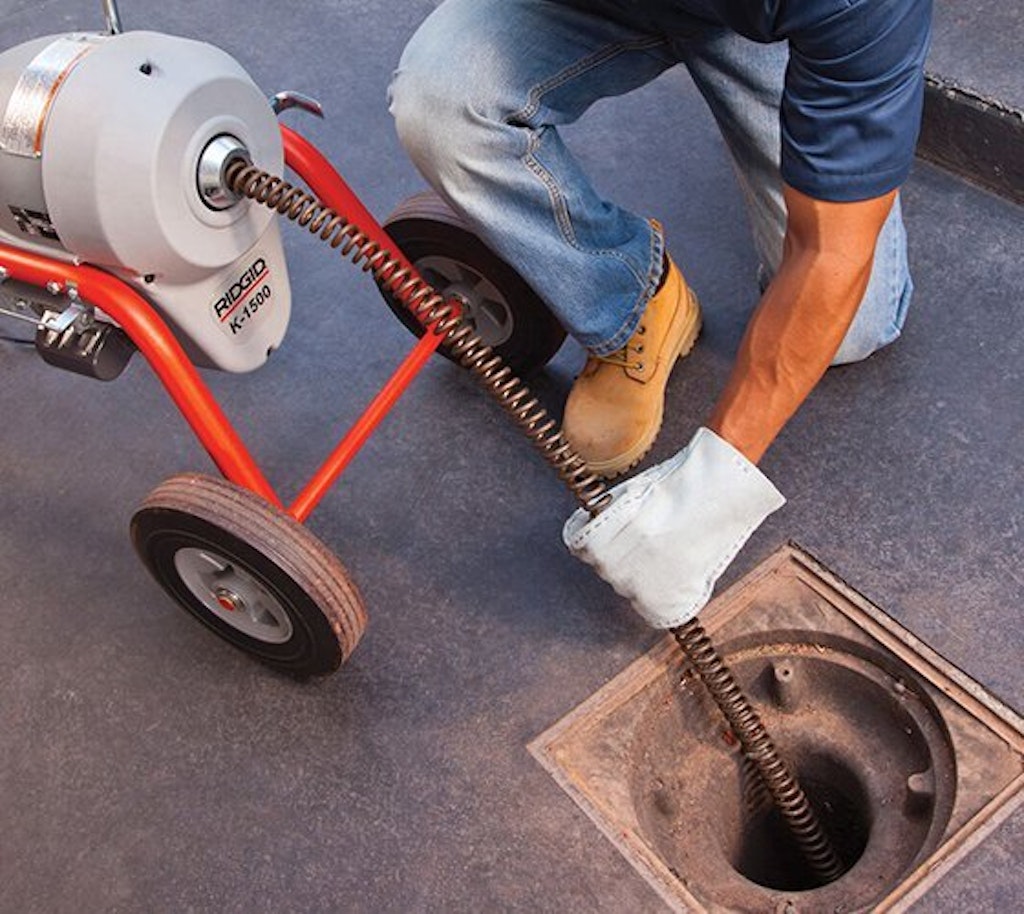Homeownership has a significant amount of responsibility. Maintaining your property, both inside and out, is essential, and this includes taking care of your plumbing system.
While it may not be as obvious as your roof or landscaping, your plumbing system plays a crucial role in your daily life. Simply addressing repairs or issues as they arise is not enough. It’s crucial to stay proactive and conduct regular inspections to stay ahead of potential problems.
Discover the importance of plumbing inspections and what you can expect from the process.
The Significance of Plumbing Inspections
While home inspections are a standard practice when purchasing a property, they often focus on surface-level aspects. Inspectors typically dont go into the condition of your pipes hidden within walls and floors, unless there are visible signs of water damage.
A plumbing inspection provides a comprehensive assessment of your plumbing system’s health. A professional examines your fixtures, pipes, and supply lines to ensure everything is in optimal working order. By identifying and addressing leaks or cracks early on, you can prevent them from escalating into serious issues that may cause damage to your home.
If you’re in the process of buying a house, a plumbing inspection is a must to avoid unexpected costly repairs. It’s important to have a thorough inspection before finalising the purchase. Similarly, if you’re selling a home, it’s advisable to have a plumbing inspection before listing it on the market. Providing documentation that verifies the maintenance and good condition of your plumbing system can give potential buyers peace of mind. However, plumbing inspections should not be limited to these instances alone. They should be part of your regular home maintenance routine to safeguard your investment and ensure a safe living environment.
Uncover Hidden Problems
Plumbing inspections help reveal hidden issues that may be lurking behind your walls. Small problems, such as tiny cracks or drips, can lead to significant water damage, often going unnoticed until they affect your walls and flooring.
By conducting a plumbing inspection, you can detect these types of repairs early, giving you lots of time to address them before they turn into costly emergencies. Additionally, you’ll save money on your water bill by avoiding water loss due to undetected leaks.
Financial Benefits
If you’ve ever experienced the expense of plumbing repairs, you know they can be quite costly, potentially amounting to thousands of dollars. By promptly addressing small leaks or repairs, you can mitigate expenses and inconvenience.
On the other hand, waiting until problems become severe may result in delayed appointments with professionals. In the worst-case scenario, you may find yourself in an emergency situation with limited options for plumbers, and emergency calls often come with significantly higher costs than routine visits.
Who Can Perform a Plumbing Inspection?
While homeowners can handle minor plumbing issues such as a leaky faucet or a constantly running toilet, plumbing systems are more complex than that. Instead of attempting a plumbing inspection on your own, it is advisable to work with a professional plumber or a licensed plumbing company. They possess the necessary tools and expertise to ensure your system is in optimal condition.
What to Expect During a Plumbing Inspection
Plumbing inspections may involve various tasks depending on your home, but they generally include:
- Inspections of Plumbing Components: Your fixtures, pipes, and supply lines will undergo a thorough examination. The plumber will check for loose fittings, cracks, leaks, signs of wear and tear, and more.
- Outdoor Plumbing Inspections: Outdoor components of your plumbing system, such as hoses, pool features, or irrigation systems, will also be inspected. The plumber will assess their condition and ensure they are adequately protected against the elements.
- Water Heater Inspection: Water heaters are expensive appliances and a vital part of your plumbing system. Numerous issues can occur, from minor drips to catastrophic bursts that may lead to explosions. Plumbing inspections always include checking the water heater’s connection points, release valves, and other components.
- Sewer Line Inspection: The sewer line is a vulnerable area of your plumbing system that, if neglected, can cause significant problems. The inspection will involve checking your main sewer line for signs of damage, such as cracks or misalignment, which could result in collapse or failure.
How Often Should I Schedule a Plumbing Inspection?
If you’re buying or selling a house, a plumbing inspection should always be part of the process. Simply assessing the plumbing based on visible fixtures like tubs or showers is insufficient—you need to understand the internal condition as well. For regular maintenance, it is recommended to have a plumbing inspection every two years for newer homes. However, if your home is older, scheduling an inspection at least once a year is best practice, particularly if your property is over 40 years old.


